Italy Backs EU Tariffs on Chinese Electric Vehicles Amid Trade Tensions
Stellantis Begins Producing Leapmotor EVs in Poland to Bypass Tariffs...
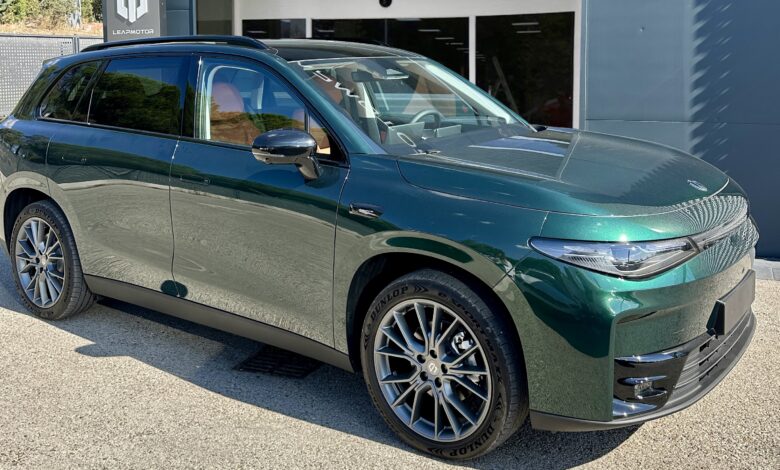
Italy has confirmed its support for the European Union’s proposed tariffs on electric vehicles (EVs) imported from China. The move comes as the EU prepares to vote on imposing final duties aimed at protecting European automakers from what they perceive as unfair competition from heavily subsidized Chinese EV manufacturers.
Italian Foreign Minister Antonio Tajani, in an interview with Corriere della Sera, stated, “We support the duties that the EU Commission proposes to protect the competitiveness of our companies. We want to work on a trade plan based on equality, with equal access for our products in [Chinese] markets. Our companies must compete on equal terms.”
Tajani’s comments come ahead of a key vote by EU member states on September 25, 2024, where they will decide whether to approve final tariffs of up to 35.3% on Chinese-made electric vehicles. If approved, these tariffs would be added to the standard 10% import duty already in place for cars entering the EU market.
China’s Concerns Over the Investigation –
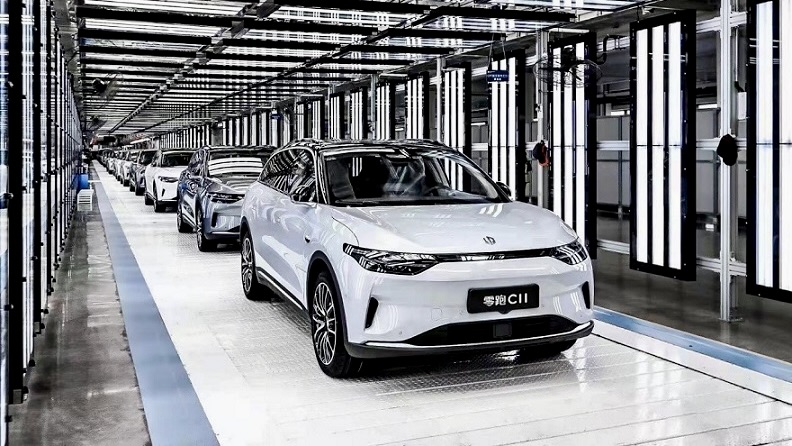
China’s Commerce Minister, Wang Wentao, visited Italy as part of a broader European trip to address concerns over the EU’s investigation into Chinese EVs. The probe, launched earlier in the year, aims to assess whether Chinese EV manufacturers are benefiting from state subsidies that give them an unfair advantage in European markets.
Wang expressed concern that the EU’s investigation is damaging Chinese companies’ willingness to invest in Italy. During his visit to Rome, he noted, “The EU probe into Chinese EVs has seriously affected the confidence of Chinese auto firms to invest in Italy, which is not in the long-term interests of Italy.” He emphasized that China remains open to promoting mutual investments between auto companies from both nations.
Italy’s Automotive Industry at a Crossroads –
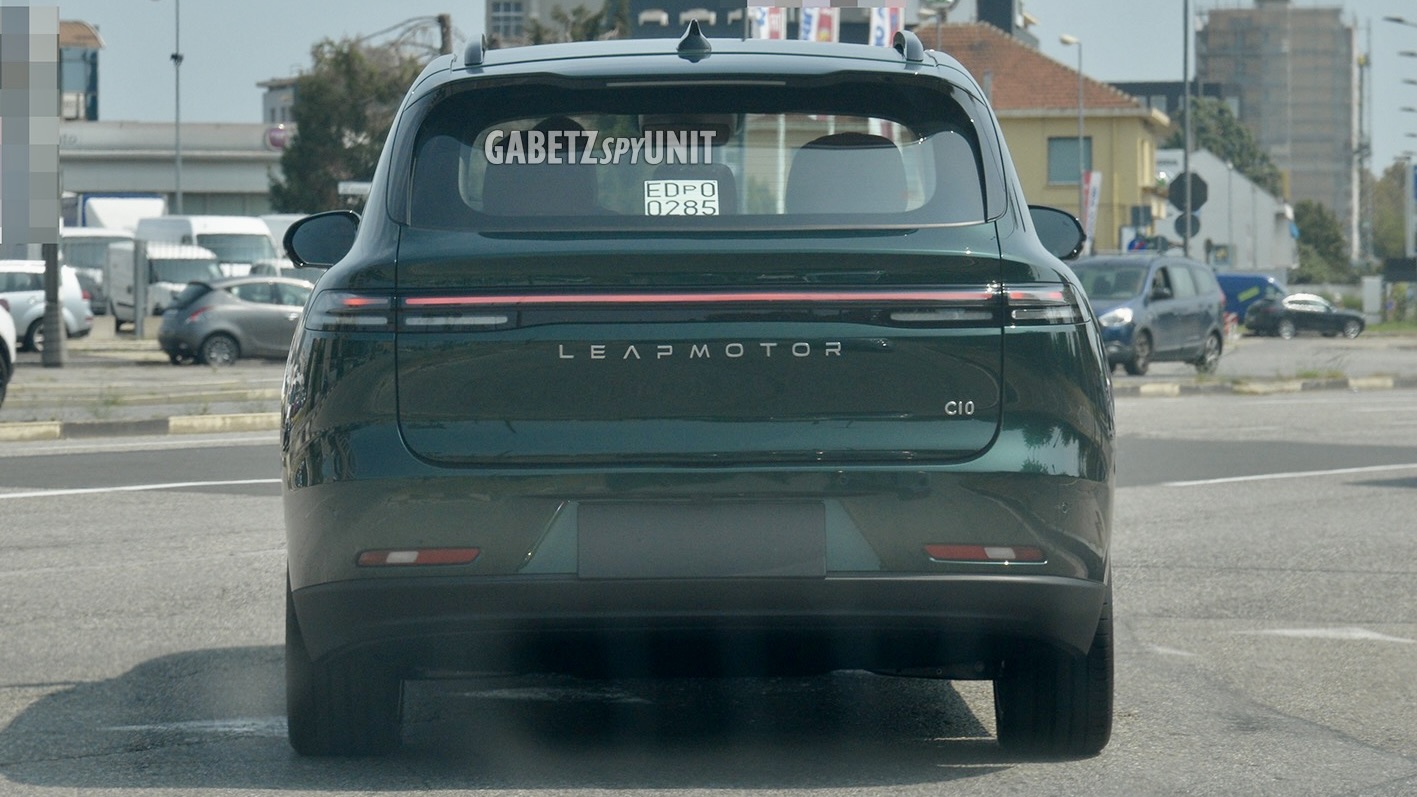
Italy’s support for the proposed tariffs reflects the country’s desire to safeguard its automotive industry. Home to iconic brands like Fiat, part of the Stellantis group, Italy plays a key role in European car production. However, it is also looking to attract Chinese automakers such as Dongfeng and Chery Auto to invest in local manufacturing, hoping to boost vehicle output.
The Italian government’s stance shows a delicate balancing act. While supporting protective measures for its existing automotive sector, Italy is also seeking to strengthen economic ties with Chinese manufacturers. Industry Minister Adolfo Urso mentioned last week that Italy hopes for a negotiated solution to avoid escalating trade tensions with China.
Stellantis and Leapmotor Collaboration –
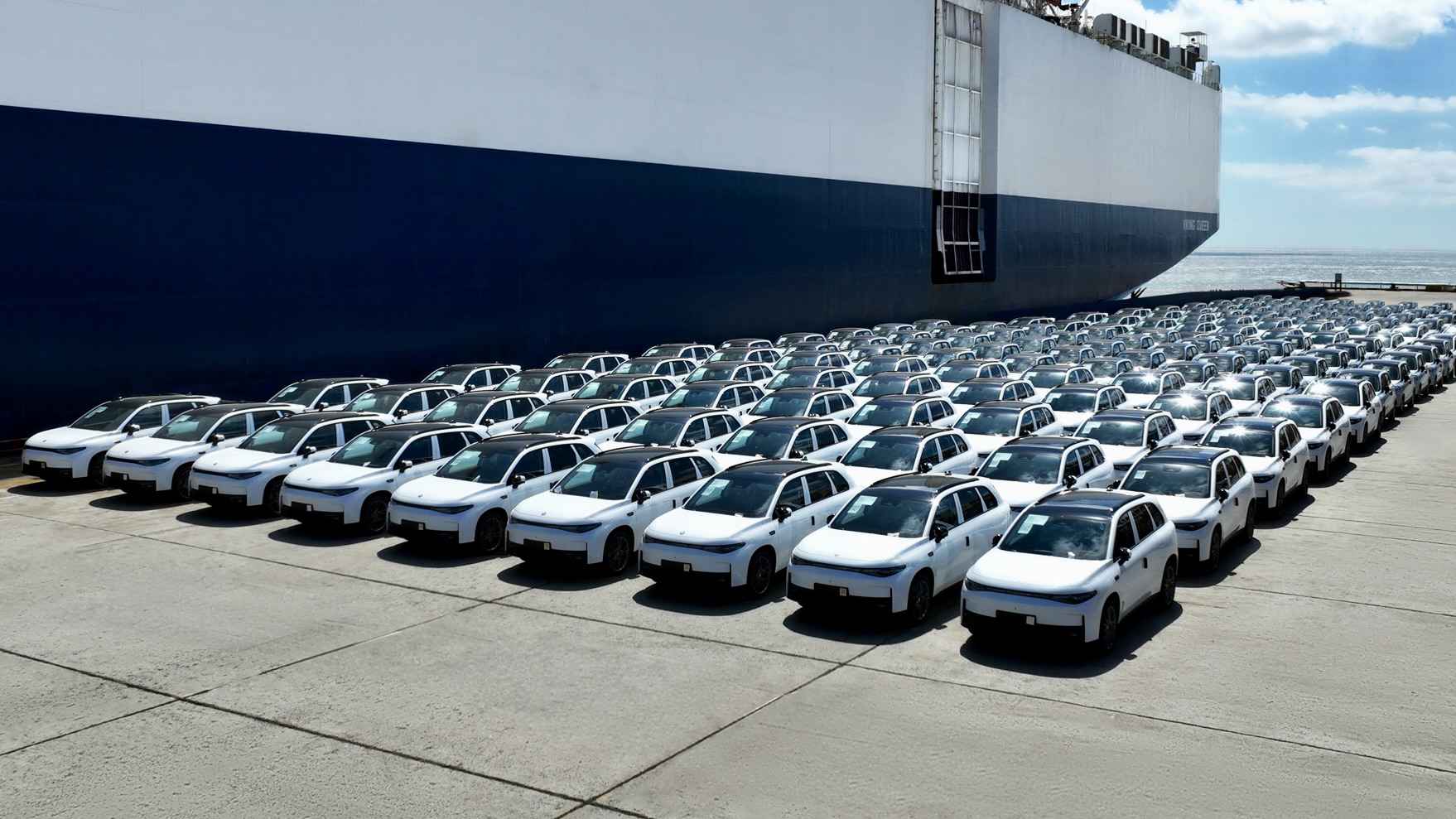
Stellantis, Europe’s second-largest automaker, is already engaged in a significant partnership with China’s Leapmotor. The joint venture recently shipped its first EVs to Europe, with plans to expand sales of Leapmotor EVs across the continent. Their first models, the Leapmotor C10 crossover and T03 city car, are set to be sold at 200 European locations by the end of 2024, with plans to expand sales to 500 locations by 2026.
While Stellantis is currently paying tariffs of 30-38% on vehicles imported from China, the company has plans to localize production to avoid these duties. Notably, Stellantis has already begun producing Leapmotor EVs at its Tychy plant in Poland. This plant also manufactures the Jeep® Avenger, Fiat 600, and Alfa Romeo Junior, highlighting Stellantis’ strategy to integrate Leapmotor production into its existing European infrastructure.
Stellantis CEO Carlos Tavares has expressed confidence in the success of the partnership, stating, “I strongly believe that Leapmotor’s electric vehicles will be strongly accepted by European customers.” Stellantis also plans to extend Leapmotor sales to regions including the Middle East, Africa, Asia Pacific, and South America by the end of the year.
Upcoming Vote and Future Implications –
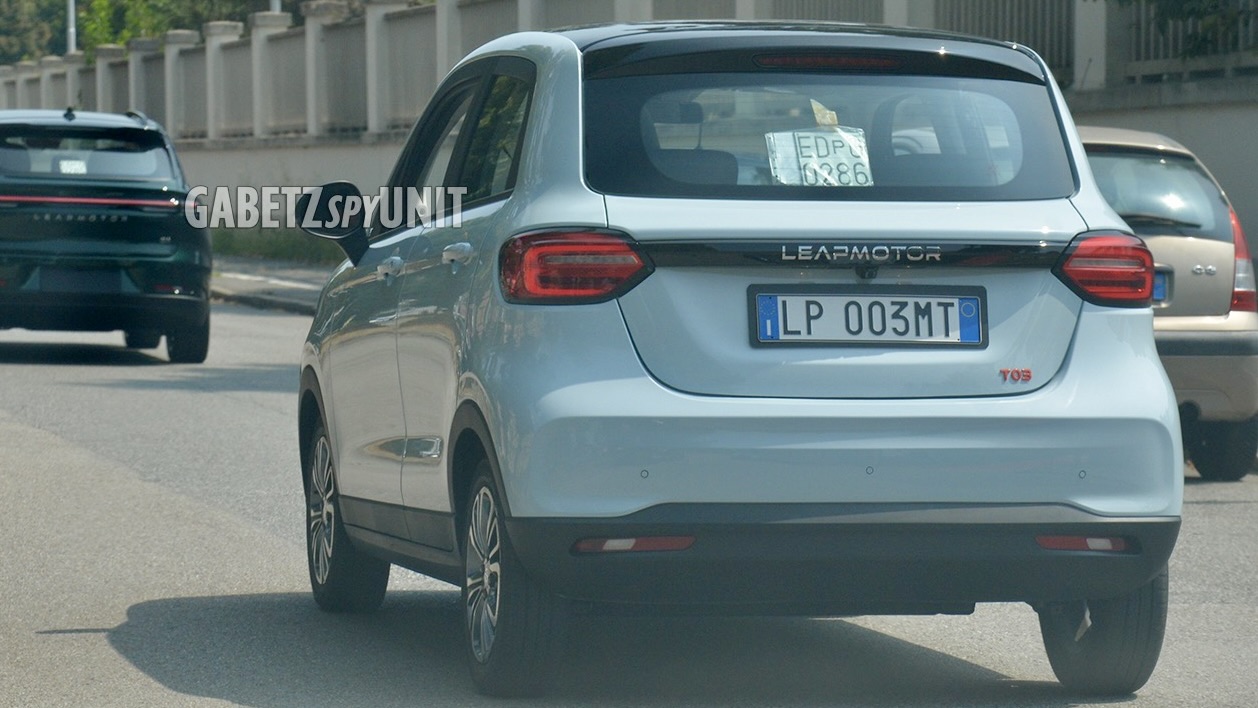
The EU’s 27 member states are due to vote on the proposed tariffs on September 25, with the outcome determining the future of Chinese EV imports into Europe. If a qualified majority of 15 EU members representing 65% of the EU population votes in favor, the tariffs will be implemented by the end of October.
Italy’s support for these tariffs indicates a broader desire across the EU to protect domestic industries from what they see as unfair competition. However, with China warning of potential impacts on future investments, the situation highlights the complexities of balancing protectionist measures with the need for global trade partnerships.
In the coming weeks, the outcome of this vote will play a critical role in shaping the future relationship between the European and Chinese automotive markets. For Italy, the decision may also influence its strategy in attracting foreign investments while defending its established automotive brands.
Source: Automotive News Europe



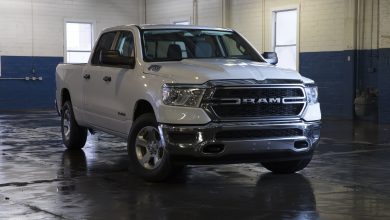


1 reply
Loading new replies...
Join the full discussion at the Mopar Insiders Forum →